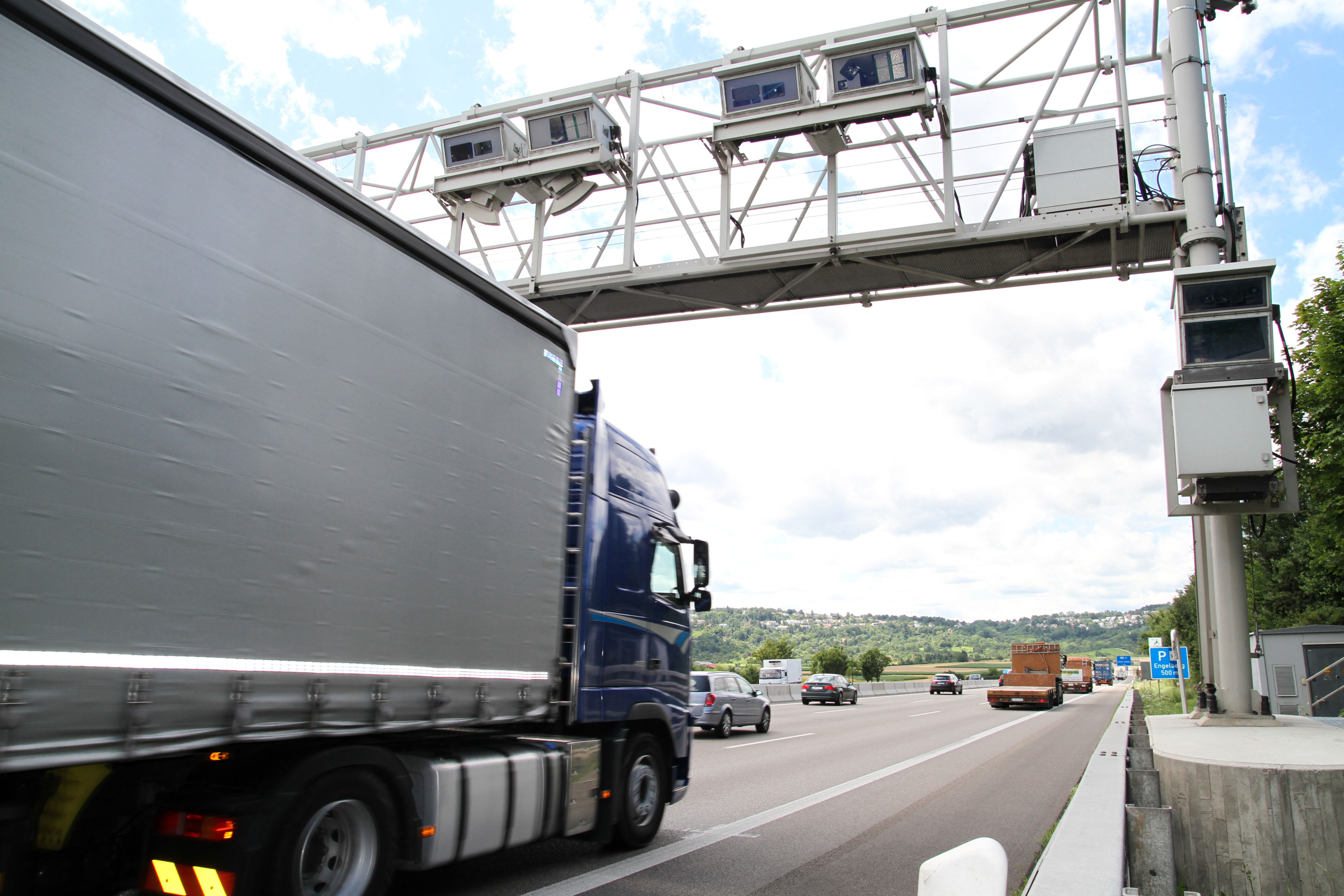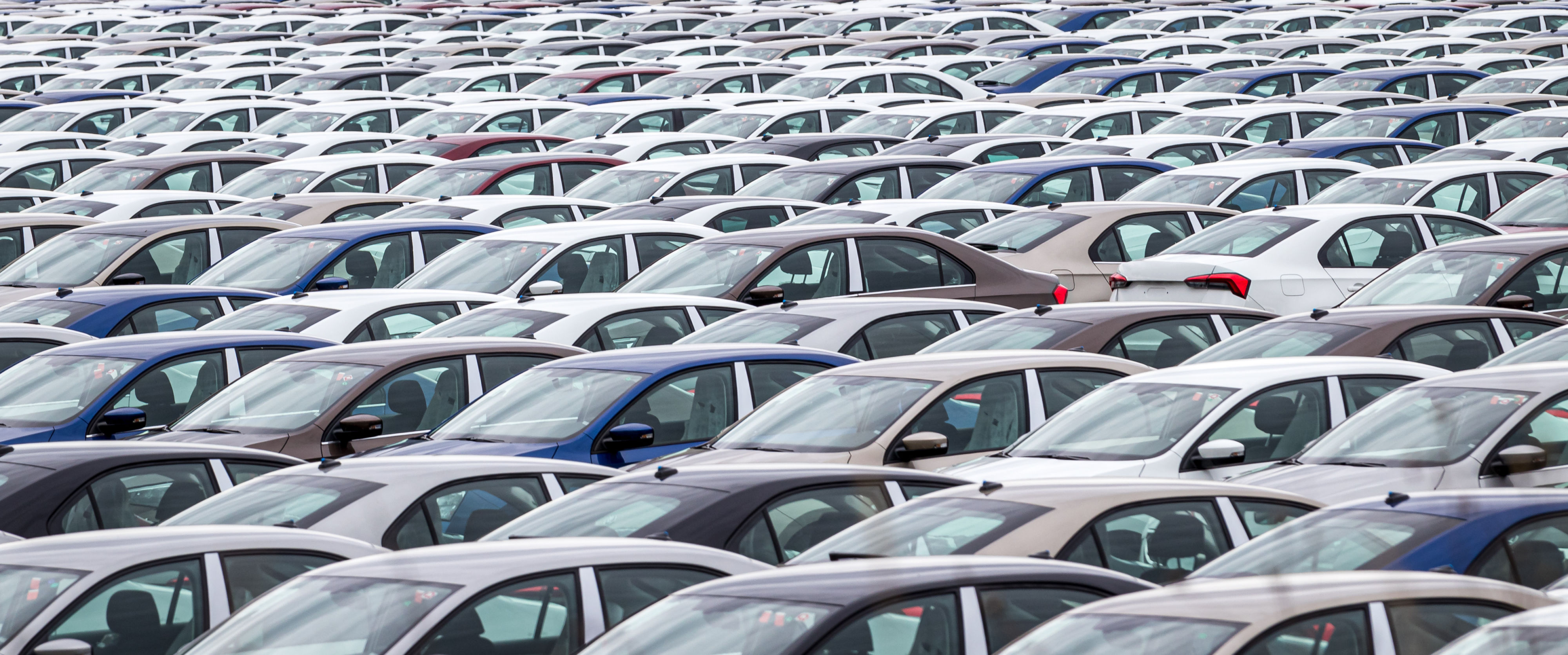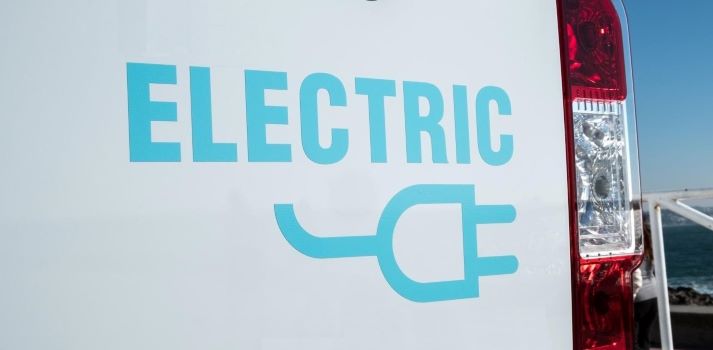Today, the Federal Government has initiated a significant increase and expansion of the truck toll. The draft law provides for the introduction of a CO2 surcharge in addition to the existing toll rates. Reinhard Zirpel, President of the Association of International Motor Vehicle Manufacturers (VDIK), commented: “With the CO2 surcharge on the truck toll, the Federal Government is creating a new lever to strengthen climate-friendly transports. A truck toll differentiated according to CO2 emissions can noticeably boost the use of emission-free commercial vehicles. However, the toll reform also carries the risk that mobility and transport will become even more expensive and that many companies will be burdened significantly more. The VDIK therefore demands that particularly low-CO2 commercial vehicles with conventional drives also receive more effective support.”
According to the draft law passed today, heavy commercial vehicles in the EURO VI emission class with high CO2 emissions (CO2 emission class 1) will have to pay up to an additional 15.8 cents per kilometer as of 1 December 2023. In contrast, zero-emission commercial vehicles (CO2 emission class 5) will initially be exempt from the toll until 2025. However, only a minimal reduction in the toll surcharge is planned for above-average CO2-efficient heavy-duty vehicles with internal combustion engines in CO2 emission class 3. However, European law allows reductions of up to 30 percent for these vehicles. Reinhard Zirpel: “Commercial vehicles with particularly economical diesel or gas engines should benefit more from the CO2 toll. If the German government is serious about differentiating the truck toll according to CO2 emissions in the interests of climate protection, it should make full use of the scope offered by the Eurovignette Directive. Otherwise, the impression is created that it is primarily concerned with new revenue for the federal budget.” Unfortunately, the draft law also does not provide for renewable fuels to be taken into account in comparison with fossil fuels. The CO2 reduction potential of these climate-friendly fuels should be included in the same way when the truck toll is levied in the future.
Zirpel also criticized the fact that most of the additional revenue from the truck toll is not intended to benefit the road infrastructure, although the need for maintenance and renovation is enormous. In addition, the development of a hydrogen and charging infrastructure for heavy trucks is still in its infancy and urgently needs to be initiated.
International commercial vehicle manufacturers are producing zero-emission trucks and supplying these vehicles to their customers. The German government has already promoted climate-friendly trucks and associated infrastructure with the so-called KsNI program. However, the program needs to be significantly de-bureaucratized to have a greater impact.





